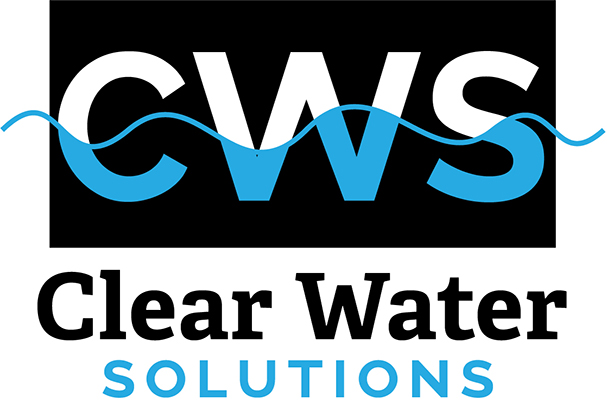The importance of water filtration is that it provides homes and places of business (ie – families and people) with access to clean, contaminant-free water. Water that is free of contaminants means that because the contaminating elements have been removed, the water tastes good, smells good, cleans well, hydrates the body without harm and does not leave behind any residue or build up in the plumbing, fixtures and appliances (removing the tell-tale signs of clogged faucets, dingy laundry, non-cleaning dishwashers, jammed ice-machines, and iron-stained toilets.)
Let’s revisit this concept a bit. What actually IS water filtration? To FILTER something is to pass a liquid (in this case) or gas through a porous device to remove impurities or solid particles. Since we are talking about WATER filtration, we are discussing the removal of impurities and solid particles in your water that have an impact on the water. The impact can be witnessed in its appearance. For instance, observing the water you may see particles floating around in a glass of water obtained from the kitchen tap, or had water in a glass that was tinted the color of weak tea. Some impurities will show up when sitting or after evaporating. These are the left behind particles evident in pink slime on your bathroom sink and bathtub, the sandy crud on the faucet head, dingy white laundry that never seem to come all the way clean, toilet rings of rusty orange… these are various impurities and particles. A good whole house filtration system can catch and remove these impurity’s before they make their way to your ice machine, your dishwasher, your laundry, your shower, your toilet… providing good, clean, pure water.
Okay, so we mentioned the concept of impurities and solid particles… what ARE these impurities in the water that is being removed? It depends on the source of the water. If you are on a well, there are lots of things physically removed from your water – like dirt, sand, silt, and sediment. Whether on a well or “city water”, there are hundreds of physical, chemical, biological elements removed by water filters. Things removed include lead, chlorine (used by water treatment facilities to kill bacteria), bacteria, calcium, minerals, salt, carcinogens, and trace chemicals from passed medicines.
Wait a minute, I get my water from the town. Isn’t that water properly treated to remove all contaminants?
In short – yes and no. The water is treated to remove contaminants, but the treatment actually uses other chemicals to remove particulate. The water provided is “safe to an acceptable standard”… is that a standard that makes you feel confident and comfortable? Not me.
“The wastewater treatment plants have effectively controlled conventional pollutants like bacteria, COD, BOD, suspended solids, etc. However, newer challenges are with “emerging pollutants.” These include: pesticides, pharmaceuticals, personal care products, fertilizers, etc. There are no specific treatment processes or standard testing methods for the emerging pollutants. Trace quantities of surrogates or certain indicator constituents of these pollutants have been found in treated wastewater.”
– Michael Adackapara, M.S. Chemical Engineering & Chemistry, Arizona State University
You see, there remains the issue of elements and contaminants that remain AFTER being treated in the supplied water that comes into your home. As mentioned in the quotation by Michael, these include pesticides (how much pesticide do you feel comfortable drinking?), pharmaceuticals (sure, we all take our meds – but you want to dose up on your neighbors Viagra and anti-seizure drugs?) An environmental study reported that “only half of drugs removed by sewage treatment.” Environmental Health News, November 22, 2013. A study in 2020 by the University at Buffalo of seven wastewater treatment plants in Eastern US showing a promising treatment method — granular activate carbon and ozonation. These “technique reduced the concentration of a number of pharmaceuticals, including certain antidepressants and antibiotics, in water by more than 95%.” *1
So, the most promising treatment to date by wastewater treatment facilities STILL has a 5% pass-thru rate. By the way, Moore County Water Treatment Facility in North Carolina where Clear Water Solutions is based, is not one of those TOP Filtering Facilities, and we as a retirement community, have a higher concentration of prescription drugs in our water system than most.
Why is water filtration important? Filtration is important because it provides an added backup to removing the things in your water that can affect you and your loved ones. It reduces the buildup of sediment and chemicals both in and on your body, in your appliances and in your water distribution systems (pipes, faucets, etc). We will talk more about these individual systems and the impact of contaminants on each, as well as some of the individual contaminants of concern that whole-house filters are dealing with.
If you are interested in learning more about YOUR water, contact us at Clear Water Solutions and have us come test your water and provide the best solution to provide your home with the safest water!
Contact Clear Water Solutions today.
*1 – https://www.sciencedaily.com/releases/2020/01/200108160330.htm
